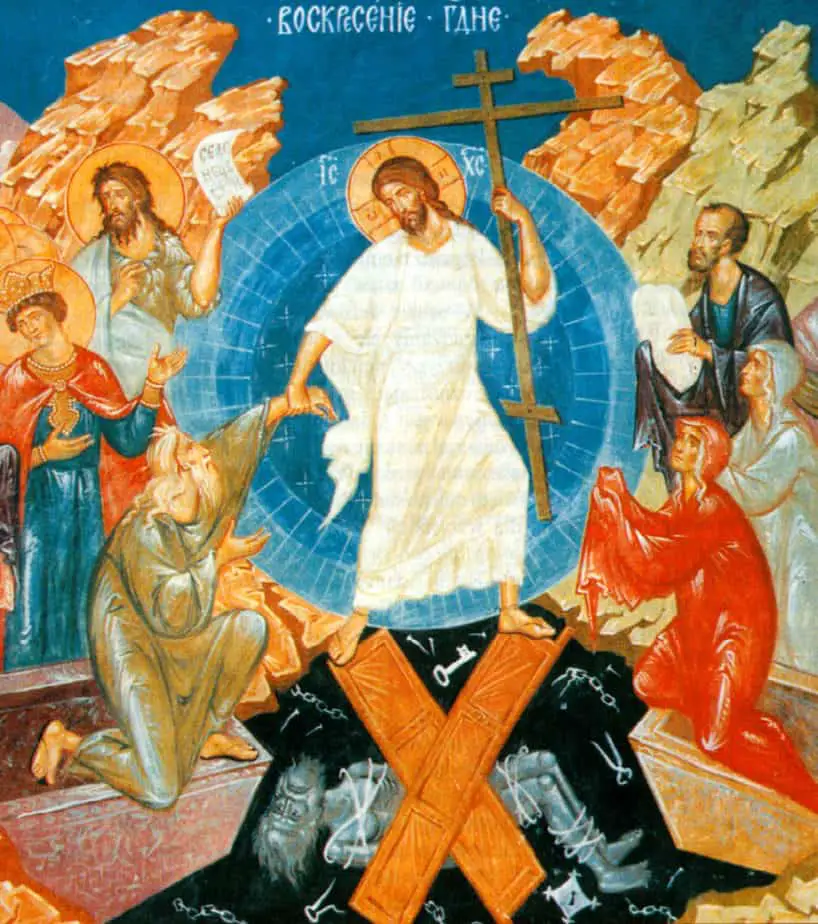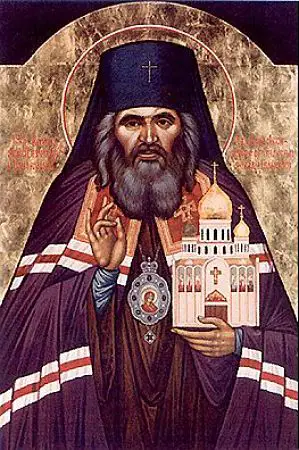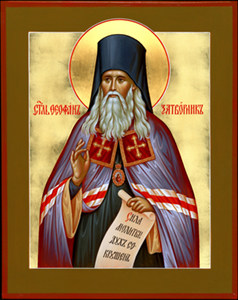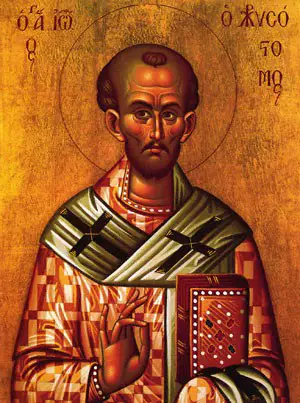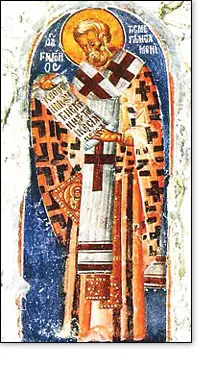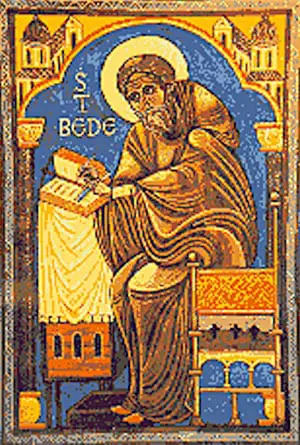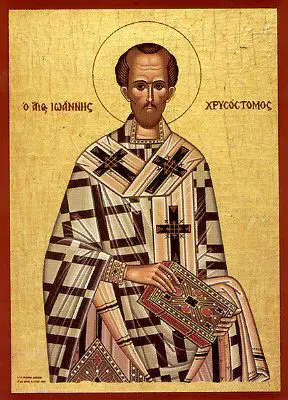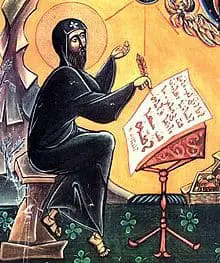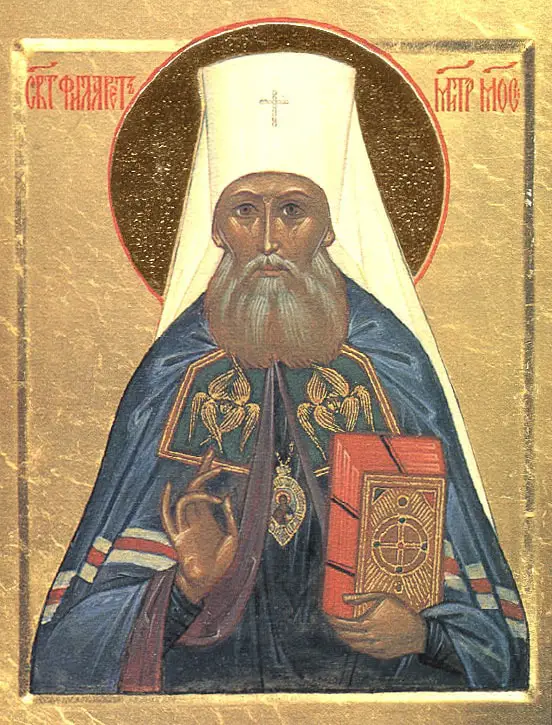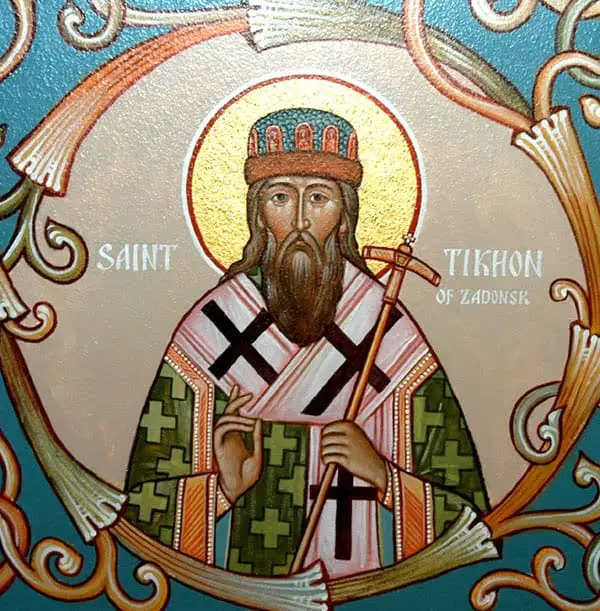St. John the Wonderworker: On Wearing Lipstick to Church

Ukase concerning the inadmissibility of venerating icons when wearing lipstick
It is the responsibility of the clergy and, in particular, of the parish rectors to insure that those who wear lipstick do not venerate icons, the Cross, or anything holy, leaving lipstick marks on them. A notice to this effect should be posted near the entrance of the church, an, in sermons, it should repeatedly be explained that it is a great sin to defile something holy by such contact. Women should refrain from wearing lipstick to church or not venerate anything. In any case, they should not commune Christ’s Holy gifts without having thoroughly washed their lips.
+ St. John the Wonderworker of Shanghai and San Francisco, “Decrees and Exhortations,” Man of God: Saint John of Shanghai & San Francisco
St. John the Wonderworker: On Wearing Lipstick to Church Read More »

